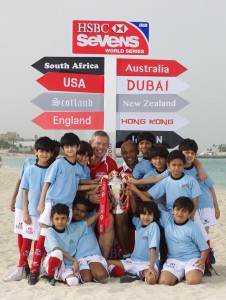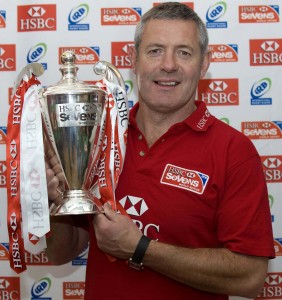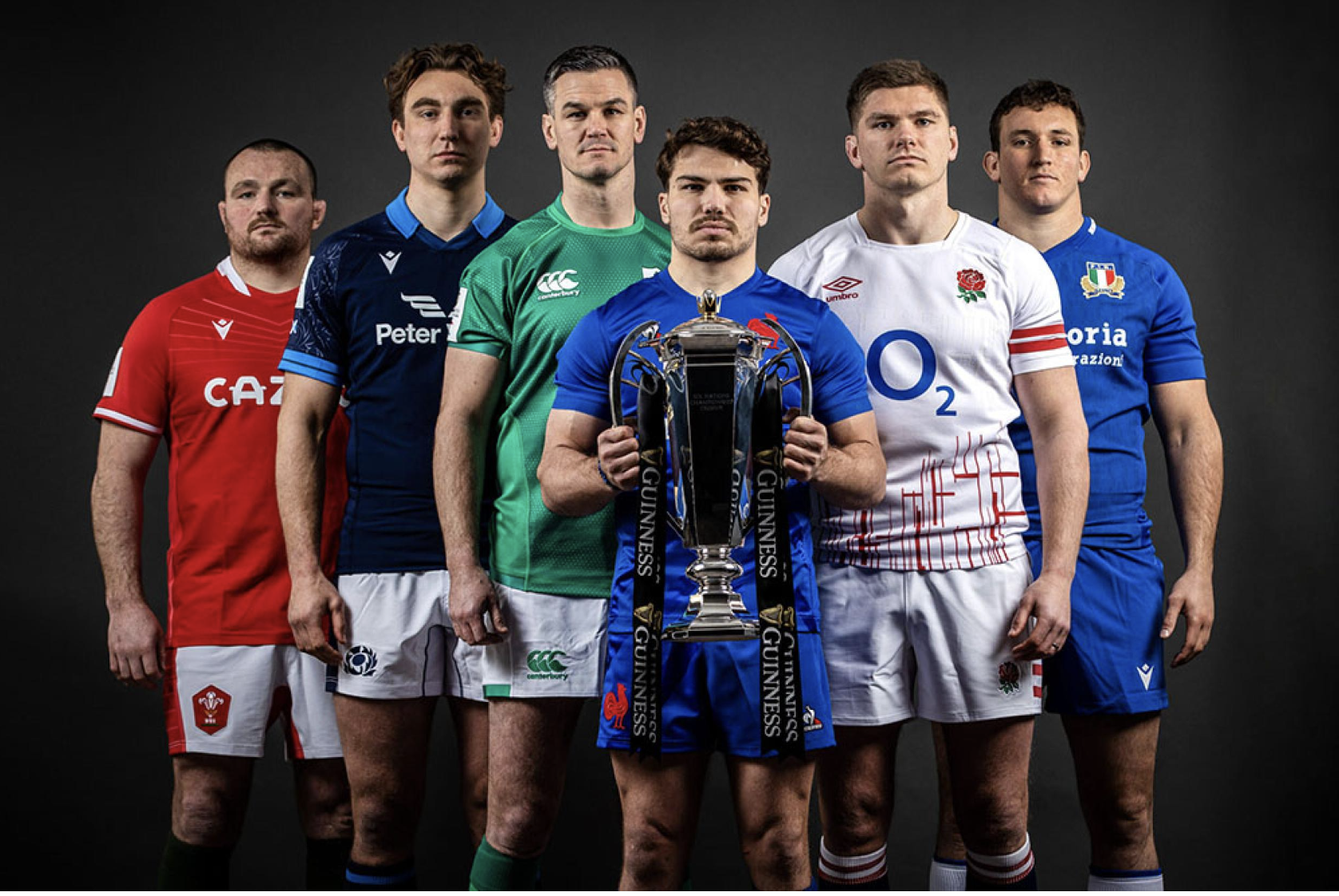 Speaking on the eve of the Dubai Rugby Sevens, former British & Irish Lions captain and HSBC ambassador, Gavin Hastings discussed the future of rugby, particularly in territories such as the UAE, who were announced as a full member of the International Rugby Board this week.
Speaking on the eve of the Dubai Rugby Sevens, former British & Irish Lions captain and HSBC ambassador, Gavin Hastings discussed the future of rugby, particularly in territories such as the UAE, who were announced as a full member of the International Rugby Board this week.
Hastings said: “For me the game of rugby will grow on a global basis through sevens. It’s an easier game to play and understand and you just need to see tournaments like Dubai for what it brings to this region.”
“The young children in this area just need to be exposed to it and although you won’t inspire every child, the opportunity they could one day be representing their country at an Olympics is fantastic motivation.”
CEO of the UAE Rugby Federation, Ian Bremner, said: “The game of sevens is growing at a great rate here particularly among the local population. This weekend’s Dubai Sevens plays a great role in exposing people to the game here too, it puts rugby on the map here and players aspire to play in it.”
During the debate the challenge of striking the balance between encouraging participating in sevens and XVs was a hot topic, but Hastings stood firm on his view on the future growth:
“The traditional rugby playing countries will always want to play fifteen-a-side and that won’t change, but sevens is a wonderful expansion to the game globally. For countries where they haven’t played rugby at any level before, they don’t have the same heritage with the traditional game and for them the pinnacle is to represent their country at an Olympic Games.”

Gavin Hastings
Beth Coalter, IRB Sevens Manager maintained that, while Sevens is the key vehicle for developing rugby on a global scale, the shortened form still stands beside the 15-a-side game:
“We have to remember that it is the game of rugby that has been accepted into the Olympics, not only rugby sevens, and you cannot be a member of the IRB unless you have fifteens programmes, so while sevens is key to getting people into the game of rugby as a whole, to progress they must also be playing 15-a-side rugby. After 2016 that may change but at the moment that is the case.”
“I think for regions like UAE, where rugby’s growth is still at a relatively early stage, opportunity and exposure to the sport are the most important things, and I think rugby sevens brings both of those things. Hosting sevens tournaments here in the UAE, or in Hong Kong, China or the States, makes the game of Rugby more accessible because it is easier for people to grasp quickly, and we have reached a stage now where more and more people want to understand rugby sevens. Getting into the Olympics has been the major factor behind that change.”
Ian Bremner added: “As a reasonably new market in the game of rugby we have a responsibility to uphold the integrity of the sport, especially with younger players coming in. With HSBC Middle East we have produced a Player Passport which explains the values of the game through both lifestyle and sporting skills. It’s a big responsibility of ours to make sure the game grows here within the heritage and values of rugby.”
Andrea de Vincentiis, Head of Rugby Sponsorship, HSBC Holdings, who are the first ever title sponsor of the Sevens World Series, said:
“For HSBC it’s all about sharing and promoting the values of the game. One of the key reasons we support rugby around the world is because of its values, including fair play, team spirit, and integrity which mirrors the bank’s values. I don’t think that is changing with sevens, it’s a beauty of the sport that it has that heritage.”
Now that rugby sevens will feature in the 2016 Olympic Games, Gordon Tietjens a fellow HSBC ambassador and Coach of New Zealand Sevens team discussed how seriously they are taking sevens: “New Zealand certainly sees sevens as an opportunity and I wouldn’t shy away from that. I’ve been to four Commonwealth Games and for me the pinnacle is the Olympics and to be part of that would be outstanding. Sevens is being taken very seriously in New Zealand now and we’ve made changes – we are now the All Black Sevens team for example.”
Coalter added: “Olympic inclusion is still relatively recent and we are starting out on a new development pathway with more demand for sevens tournaments than ever before on a global scale, for men and women. In the future years will constantly reassess, with our Member Unions, how sevens and fifteens work side by side, and the period after the 2016 Olympic Games will certainly be hugely significant in that regard.”
Check out the IRB 7s website for more information here.








 When most people hear the word “Peloton” they think of an expensive black bike with shiny red buttons and that controversial commercial where the husband gifted his wife a Peloton for Christmas.
When most people hear the word “Peloton” they think of an expensive black bike with shiny red buttons and that controversial commercial where the husband gifted his wife a Peloton for Christmas. If the app interests you, Peloton is currently offering a 30 day FREE TRIAL, so why not give it a try? Check it out
If the app interests you, Peloton is currently offering a 30 day FREE TRIAL, so why not give it a try? Check it out 

 This article would not be complete, however, if we did not acknowledge some of the delivery issues that have been plaguing Peloton over the last year. Most of the delivery issues seem to affect U.S. deliveries, however, the UK deliveries have been affected as well.
This article would not be complete, however, if we did not acknowledge some of the delivery issues that have been plaguing Peloton over the last year. Most of the delivery issues seem to affect U.S. deliveries, however, the UK deliveries have been affected as well.







